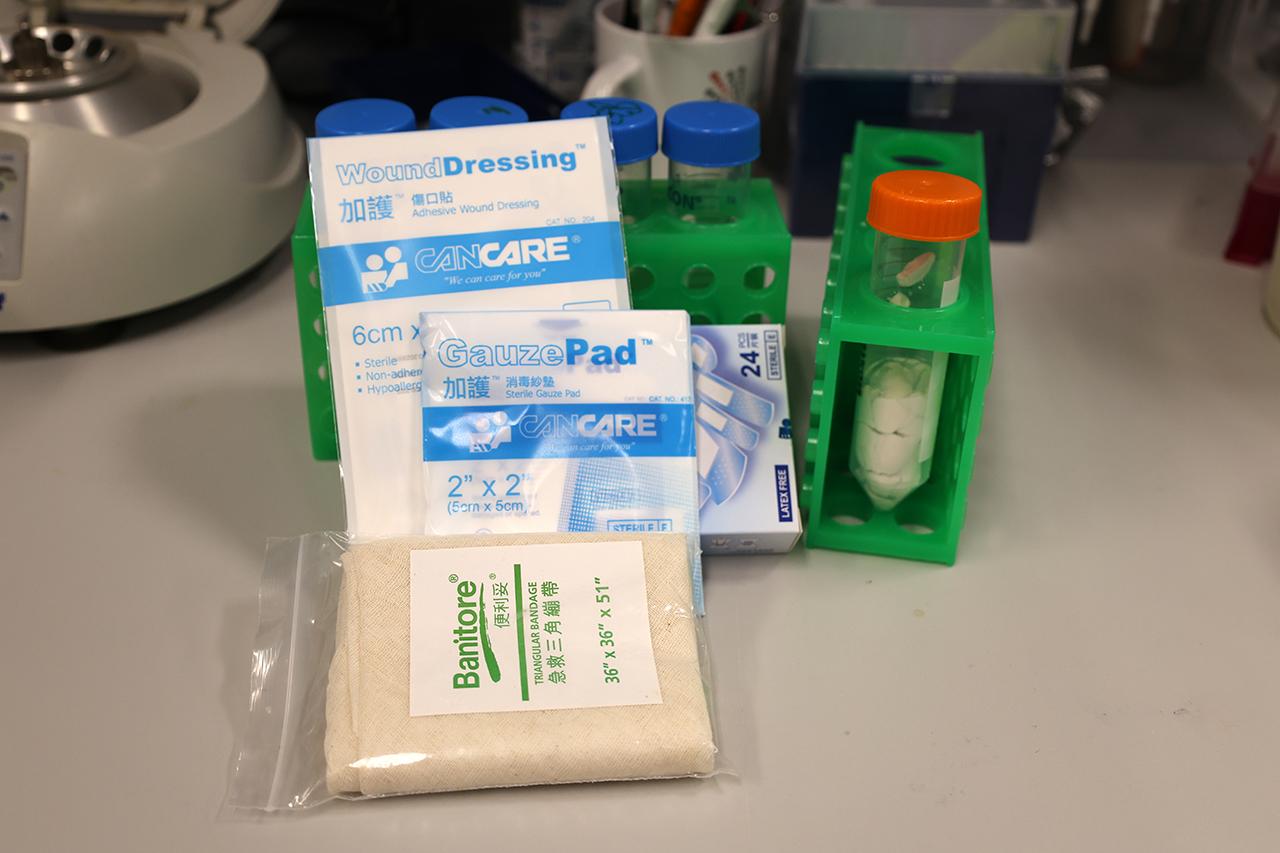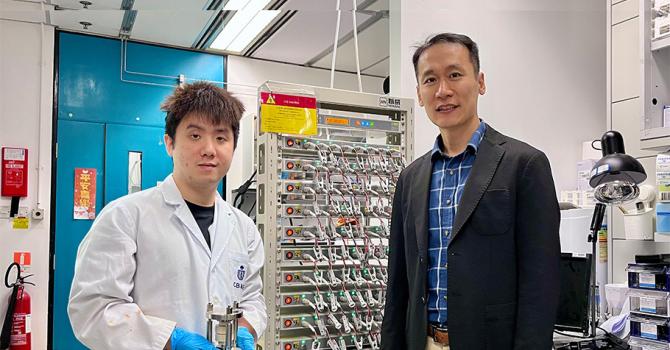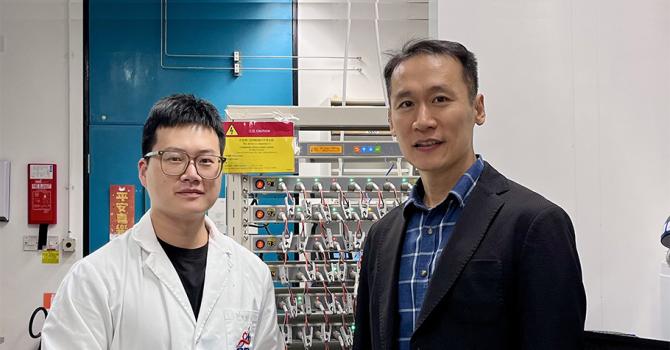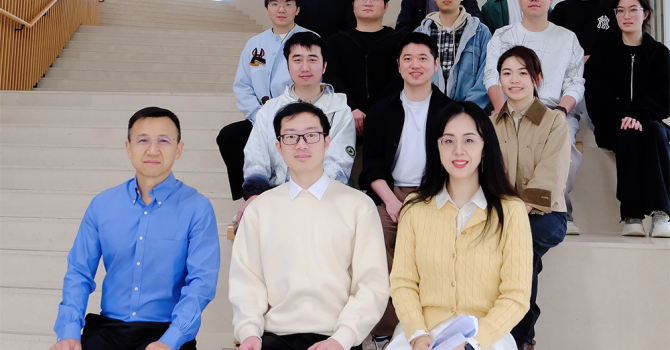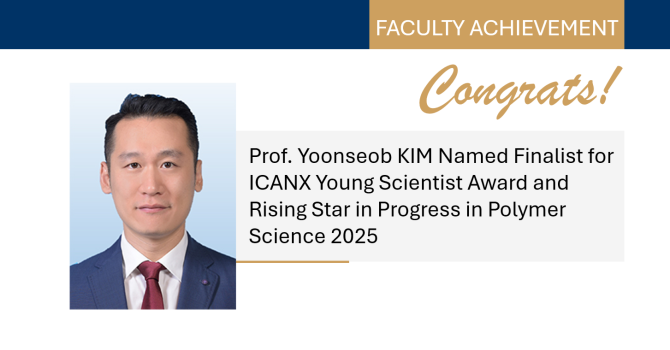An Alternative to Antibiotics: Extraction of Mucin Biomaterials from Pig Stomachs for Potential Application in Chronic Wound Treatment
A joint Engineering School and Science School research team led by Prof. I-Ming HSING, Professor of the Department of Chemical and Biological Engineering, has introduced a novel approach to chronic wound treatment by using mucin biomaterials extracted from pig stomachs in Sheung Shui Slaughterhouse.
Wound-care management is a growing public health concern owing to the increasing prevalence of conditions such as diabetes, cancer, and infections, which result in a high incidence of chronic wounds. Yet, the rise in antibiotic resistance suggests that antibiotic-based treatments are increasingly ineffective for infected wounds. Hence, there is a pressing need to explore alternative strategies beyond conventional treatments that can lead to the irrational use of antibiotics and accelerate the emergence of drug resistance.
Inspired by the innate stability and protective properties of stomach mucus (a thick liquid produced in animals’ body parts), the research team successfully extracted and characterized mucin (a key component of mucus) from the mucus in pig stomachs with potential application of the material – after conversion into hydrogel soft-patch form – as an alternative to antibiotics in the early stages of chronic wounds.
The nature-derived mucin extract shows excellent biocompatibility and pH responsiveness (crucial for monitoring wound deterioration), delays bacterial growth, and disrupts harmful biofilms, a common occurrence in chronic wounds that make infections harder to treat. These findings highlight mucin’s potential for advancing chronic wound treatment, contributing to a new antibacterial strategy that is different and more effective than antibiotics.
“The potential for new materials that could defeat bacteria without using antibiotics is exciting news for elderly populations, many of whom have a weakened immune system and have limited or no options for antibiotics,” said Prof. Hsing.
Leveraging mucin’s innate properties, the development of functional mucin-derived wound dressings not only provides a new perspective on wound healing but also broadens the scope of mucin-based material capabilities.
The research work, presented in a paper titled “Antibiofilm and pH-Responsive Properties of Nature-Derived Mucin Biomaterials and Their Potentials for Chronic Wound Care” was recently published in Matter, a leading journal in the field of materials science.
The study was carried out in collaboration with Prof. Jinqing HUANG, Associate Professor of Chemistry. The team also comprises Xianzhen FENG (first author and PhD student of Prof. Hsing), Jianing ZHANG (second author and PhD student of Prof. Huang), Zirui LIN (upcoming 2025 Fall PhD student of Prof. Hsing), Xuemeng XIA (PhD student of Prof. Hsing) and Dr. Alan Fernando RODRIGUEZ SERRANO (postdoc in Prof. Hsing’s group).
Acknowledgment: The research team expresses its gratitude to the staff of the HKSAR Government’s Sheung Shui Slaughterhouse for providing the pig stomachs used in this research.
Related Links




